
IIK Director; Academic Specialist, College of Arts and Sciences; Adjunct Faculty, Anthropology
The Institute for Indigenous Knowledge (IIK, “eye-eye-kay”) at Indiana University is an international, interdisciplinary research and education center that promotes Indigenous peoples' knowledge through community-driven projects.
Within IIK is the Center for the Documentation and Revitalization of Indigenous Languages (CDRIL,“see-drill”). CDRIL collaborates with Indigenous partners to systematically record Indigenous languages and sustain and revitalize them within the culture groups to which they belong.
The Institute for Indigenous Knowledge (IIK, “eye-eye-kay”) serves as a comprehensive center for both research and education. It fosters a collaborative environment for scholars and Indigenous community partners who are committed to the study of Indigenous knowledge and sustaining it within the lives of Indigenous peoples.
IIK’s research and educational initiatives include topics of particular interest to contemporary Indigenous nations and people and that reflect the commitments of our IUB faculty. This includes Indigenous philosophy and thought, language and culture, history, health and wellbeing, environmental sustainability and justice, food security and sovereignty, housing, community and economic development, land rights, legal justice, social justice, and education.
Within IIK is its Center for the Documentation and Revitalization of Indigenous Languages (CDRIL, “see-drill”). CDRIL collaborates with Indigenous partners to systematically record Indigenous languages and sustain and revitalize them within the culture groups to which they belong. It does so through the creation and sharing of print and digital resources such as audio and visual recordings, dictionaries, grammars, language curricula and instructional materials, language planning documents, monographs, research articles, biographies, histories, stories, as well as ethnographic and linguistic fieldnotes.
IIK-CDRIL has collaborative partnerships with several Indigenous communities, institutions, organizations, and individuals from diverse nations. We are continually expanding the geographic scope and increasing the depth of our partnerships. Given that the IUB campus sits on the homelands of the Bodwéwadmik (Potawatomi), Lënape (Delaware), Myaamiaki (Miami), and saawanwaki (Shawnee) peoples, IIK is especially committed to creating and sustaining meaningful partnerships with these Indigenous nations.
As an organizational structure for coordinating research and educational activities, IIK is expanding opportunities for Indigenous communities and individuals to benefit from resources at Indiana University. It is preparing the next generation of scholars of Indigenous knowledge through education and mentorship. IIK also connects those at IUB who are interested in Indigenous knowledge with the global community of people who are similarly committed to promoting Indigenous knowledge. We thus aim to contribute to a mutually supportive community designed to bring about lasting good for Indigenous peoples.
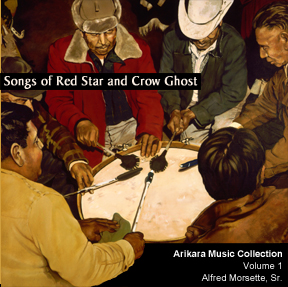 The Center for the Documentation and Revitalization of Indigenous Languages (CDRIL, "see-drill") is located within the Institute for Indigenous Knowledge and is integral to its mission. CDRIL collaborates with Indigenous partners to systematically record Indigenous languages and sustain and revitalize them within the culture groups to which they belong.
The Center for the Documentation and Revitalization of Indigenous Languages (CDRIL, "see-drill") is located within the Institute for Indigenous Knowledge and is integral to its mission. CDRIL collaborates with Indigenous partners to systematically record Indigenous languages and sustain and revitalize them within the culture groups to which they belong.
It does so through the creation and sharing of print and digital resources such as audio and visual recordings, dictionaries, grammars, language curricula and instructional materials, language planning documents, monographs, research articles, biographies, histories, stories, as well as ethnographic and linguistic fieldnotes.
CDRIL is vitally concerned with ensuring that its vast archive of a broad range of Native American linguistic material is returned to the tribal nation communities and individuals from which it came. Work is ongoing to reach the ultimate goal of having tribal nation source communities and individuals steward the collection, determining for themselves access protocols and permissions. Interested parties should contact IIK-CDRIL (iik@iu.edu) for information regarding this process.
Much of the archival material in CDRIL was collected under the auspices of the American Indian Studies Research Institute and the Center for the Documentation of Endangered Languages, out of which was formed the Institute for Indigenous Knowledge and the Center for the Documentation and Revitalization of Indigenous Languages. The CDRIL collection includes more than 2000 hours of audio and video field recordings and hundreds of thousands of documents digitally archived in accordance with Harvard/IU Sound Directions Initiative and AES standards.
CDRIL continues to educate its associates and partners in methods of documenting Indigenous languages and using the resulting material for language revitalization and reclamation purposes. This work involves teaching contemporary digital recording techniques for recording speech events and conducting other linguistic fieldwork. These techniques are essential for language documentation and application to Indigenous family and community language planning goals.
The Institute for Indigenous Knowledge owes its existence largely to the former American Indian Studies Research Institute (AISRI), its late founder and co-director Professor Raymond J. DeMallie, and late co-director Professor Douglas R. Parks.
Professor DeMallie founded AISRI at Indiana University in 1985 to serve as an interdisciplinary research center for projects focusing on the native peoples of the Americas. AISRI was founded in part on the premise that to fully understand and describe the language, culture, or history of a people, the study of any one of these topics must be informed by work in the others. Both DeMallie and Parks dedicated their entire lives to scholarly study of Native American languages, cultures, and histories, and to mentoring generations of cultural anthropologists, linguists, and ethnohistorians.
Historically, Indiana University has been preeminent in American Indian studies, tracing back to the 1930s when archaeologist Glenn A. Black and bioanthropologist Georg Newmann actively pursued research in Indiana prehistory. During that same period, Stith Thompson, who founded folklore studies at Indiana University, was the recognized leader in the field of American Indian folklore. Thompson brought Carl F. Voegelin, an anthropological linguist, to Bloomington in 1941 to develop the study of American Indian languages and cultures.
In 1946, Voegelin founded the Department of Anthropology to consolidate American Indian studies in the four fields of anthropology. Erminie Wheeler-Voegelin, who eventually joined the Department of History, applied anthropological methods to the study of historical documents and was instrumental in defining a new field of study known as ethnohistory.
In 1948, George Herzog came to Bloomington and founded the Archives of Traditional Music, which, together with the Library of Congress, houses the premier collection of recorded American Indian music.
From this beginning, American Indian studies flourished at Indiana University as students contributed their talents and more faculty joined the university. Their collective legacy to Indiana University today consists of invaluable archival, library, and museum collections that form the basis for on-going research projects, making Bloomington one of the richest centers for resource material in American Indian studies.
And now, what was once the American Indian Studies Research Institute and Center for the Documentation of Endangered Languages lives on as the Institute for Indigenous Knowledge and Center for the Documentation and Revitalization of Indigenous Languages, representing both continuity and change in ways of understanding and serving Indigenous peoples through research and education.

IIK Director; Academic Specialist, College of Arts and Sciences; Adjunct Faculty, Anthropology
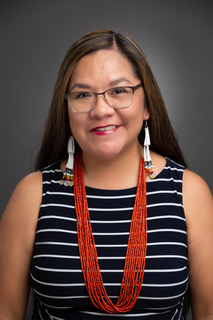
IIK Research Associate and Chief Executive Officer for the Phoenix Indian Center
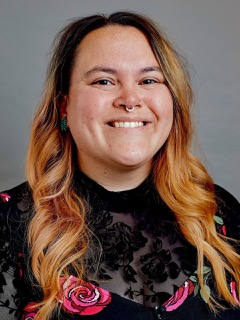
Carolyn (Carly) Camplain (Comanche, she/they), Ph.D., J.D.
IIK Research Associate; Assistant Professor, Applied Health Sciences Department, School of Public Health, Indiana University Bloomington
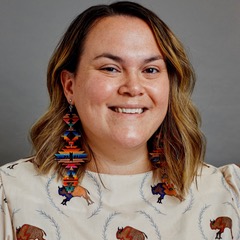
Ricky Camplain (Comanche, she/they), Ph.D.
IIK Research Associate; Assistant Professor and Epidemiologist, Department of Epidemiology and Biostatistics, School of Public Health, Indiana University Bloomington
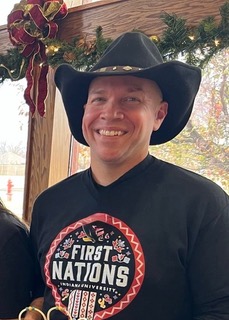
IIK Research Associate and Shawnee Agriculturalist
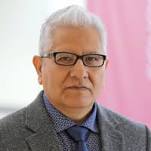
Serafín M. Coronel-Molina (Huanca), Ph.D.
IIK Research Associate; Professor of Literacy, Culture, and Language Education at Indiana University Bloomington
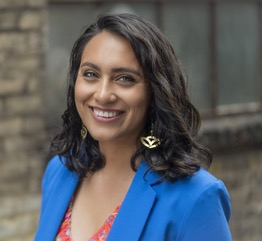
Emmy Her Many Horses (Siċaƞġu and Oglala Lak̇ot̄a)
IIK Research Associate and Lakota Language and Education Initiative Director at Thunder Valley Community Development Corporation, Pine Ridge Reservation
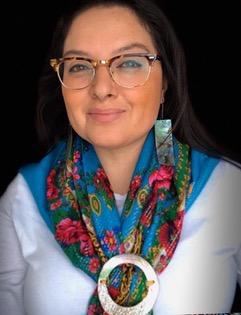
Elicia Goodsoldier (Diné / Spirit Lake Dakota)
IIK Research Associate, Language and Culture Manager for Phoenix Indian Center
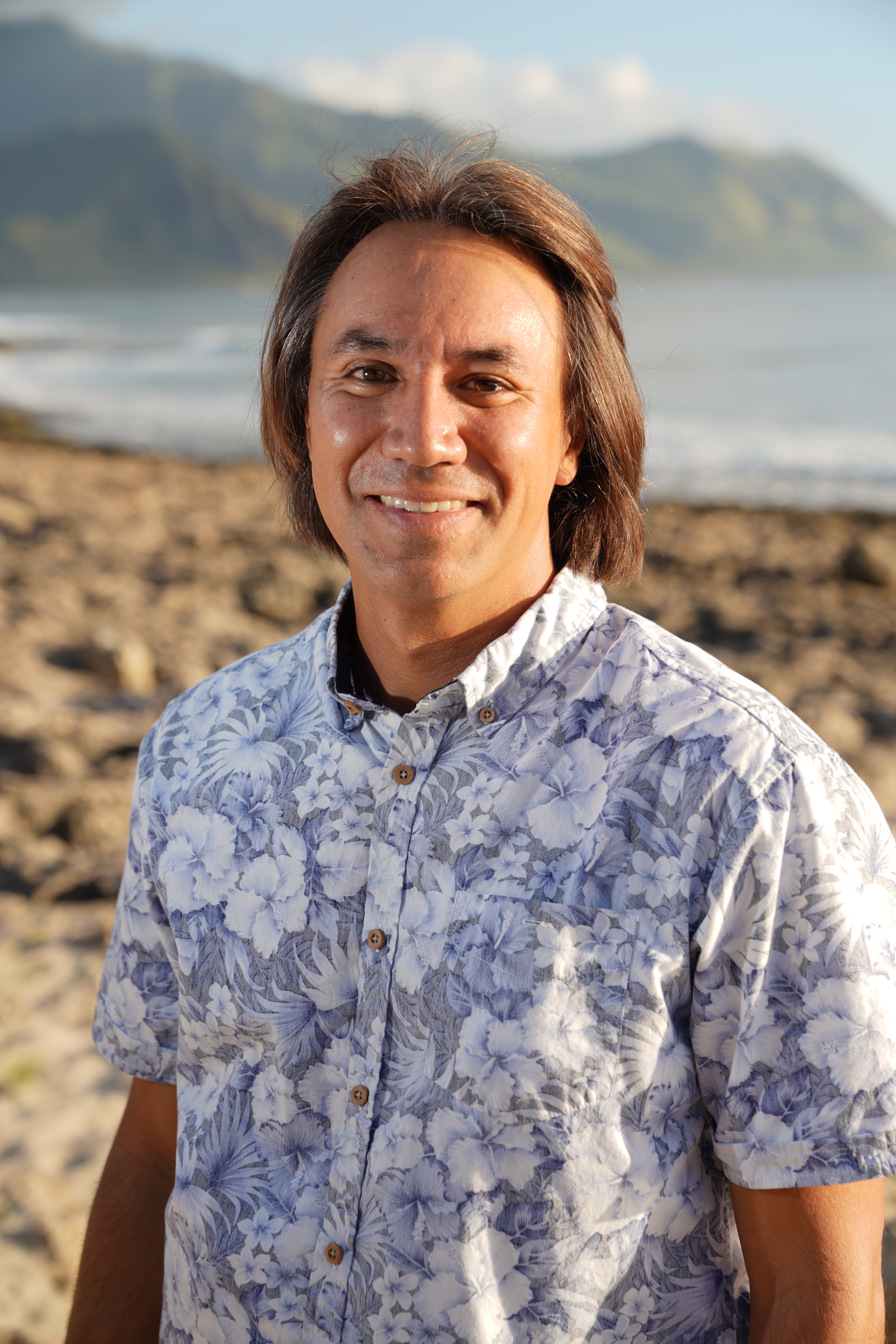
Michael Ing (Kanaka Hawaiʻi), Ph.D.
IIK Research Associate; Professor of Religious Studies and Director of Native American and Indigenous Studies Program, Indiana University Bloomington
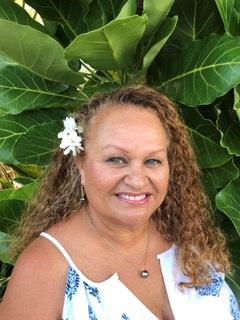
Tania Ka'ai (Ngāti Porou, Ngāi Tahu, Hawaiian, Cook Island Māori, Sāmoan), Ph.D.
IIK Research Associate; Professor and Dean, Aukland University of Technology; Director, Te Ipukarea Research Institute & Te Whare o Rongomaurikura, Centre for Language Revitalisation
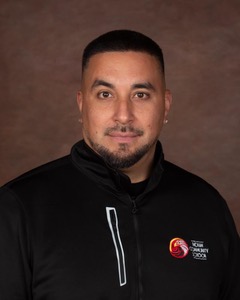
Brad KuuNUx TeeRIt Kroupa (Sahnish), Ph.D.
IIK Research Associate and Executive Director, Forest County Potawatomi Foundation
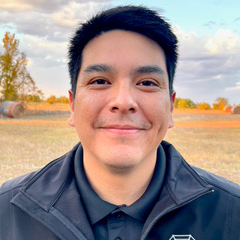
Taylor Moore (Pawnee, Otoe-Missouria, Navajo)
IIK Research Associate and Language Manager for the Pawnee Nation of Oklahoma
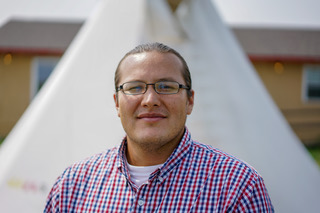
IIK Research Associate and member of the Advancement Team at IllumiNative
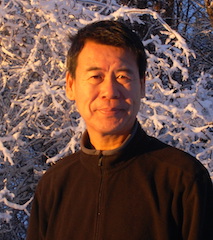
IIK Research Associate; Director and Professor of Arctic Studies Center at Liaocheng University, China
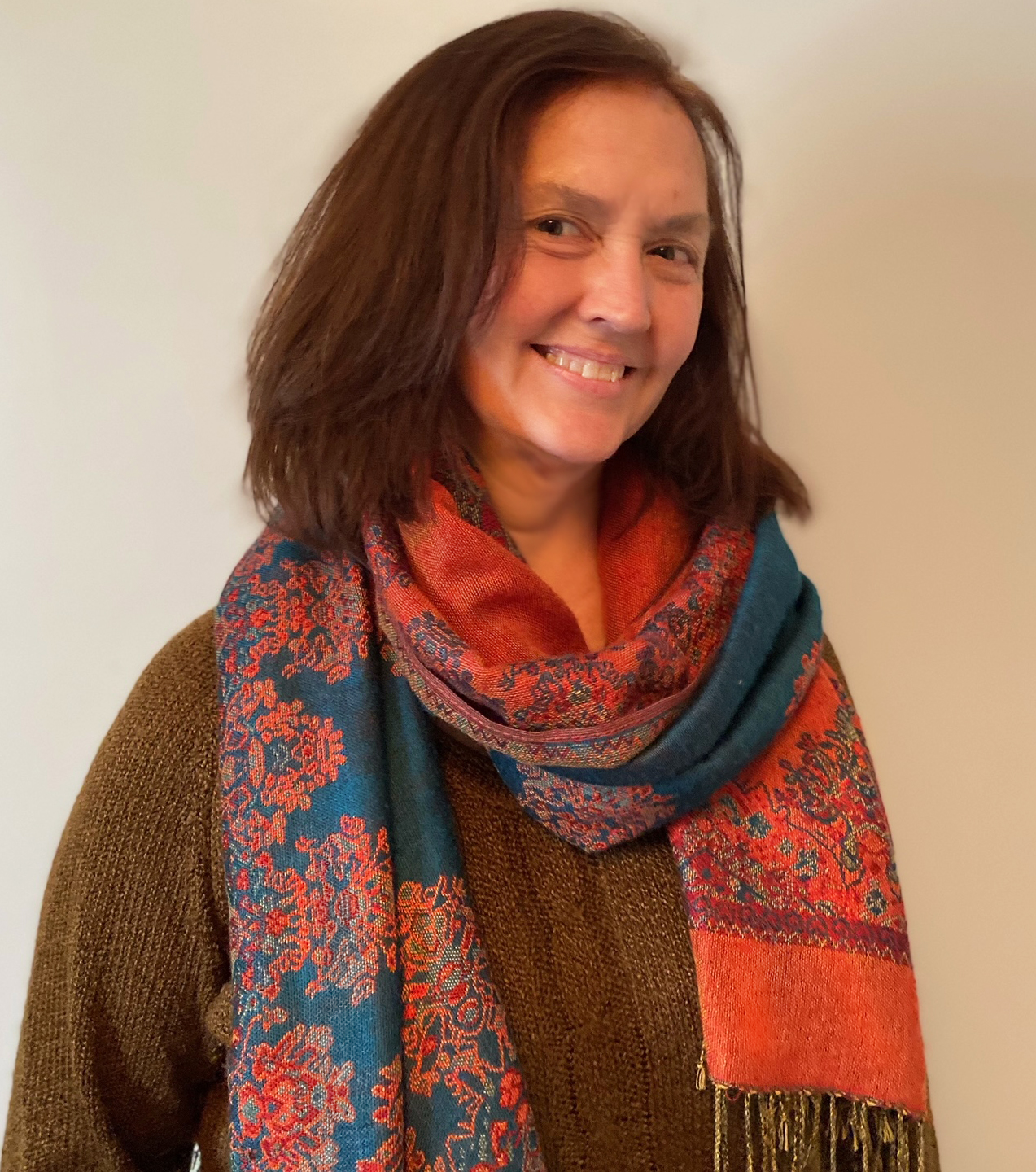
Designer, Fort McDermitt Paiute Language Project
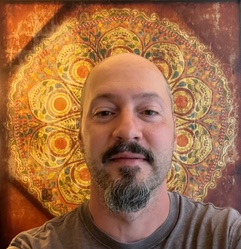
Sound Editor, Fort McDermitt Paiute Language Project
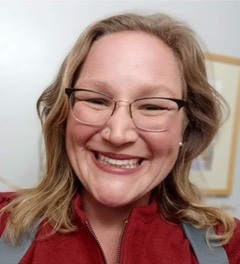
IIK Research Associate, Assistant Professor of Global Health Governance, International Studies Department, Hamilton Lugar School of Global and International Studies, Indiana University-Bloomington.
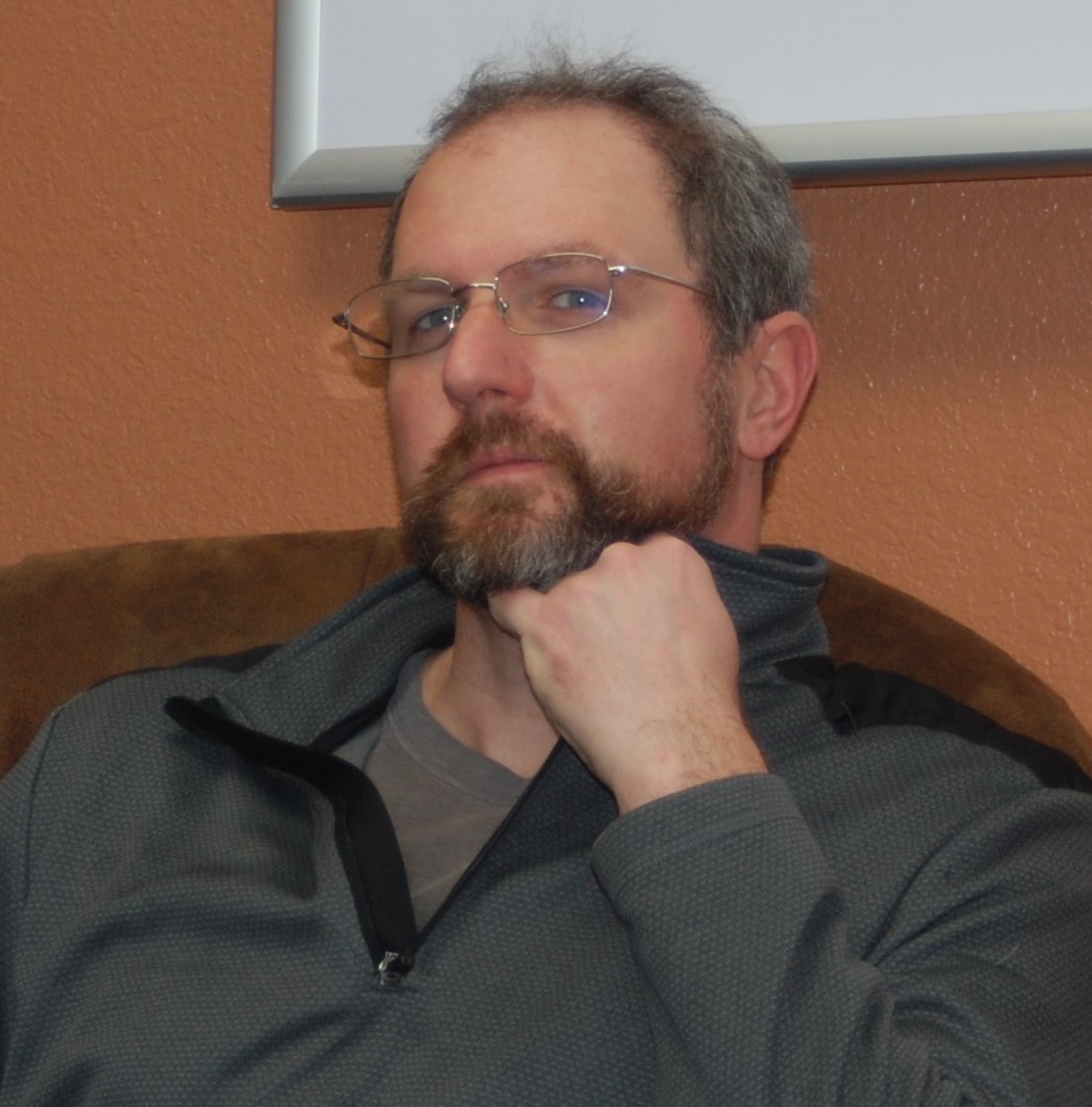
IIK Research Associate and Language Material Developer - Mandan Hidatsa and Arikara Nation Culture and Language Department
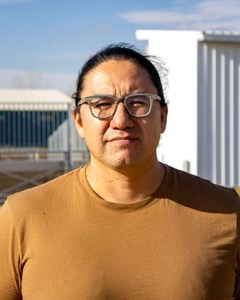
Ray Taken Alive (Hunkpapa Lakota/Dakota)
IIK Research Associate and Lak̇ot̄a Language and Cultural Community Coordinator, McLaughlin School District 15-2, Standing Rock Nation
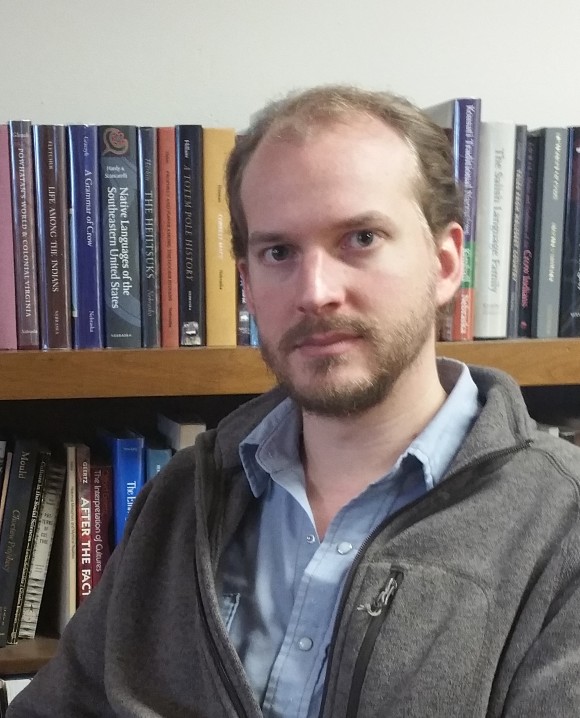
IIK Research Associate, Language Program Director for the Fort McDermitt Paiute-Shoshone Tribe

IIK Research Associate, Professor Emeritus - University of Notre Dame
Institute for Indigenous Knowledge
Center for the Documentation and Revitalization of Indigenous Languages
422 N. Indiana Ave.
Bloomington, IN 47405
iik@iu.edu
812-855-4086